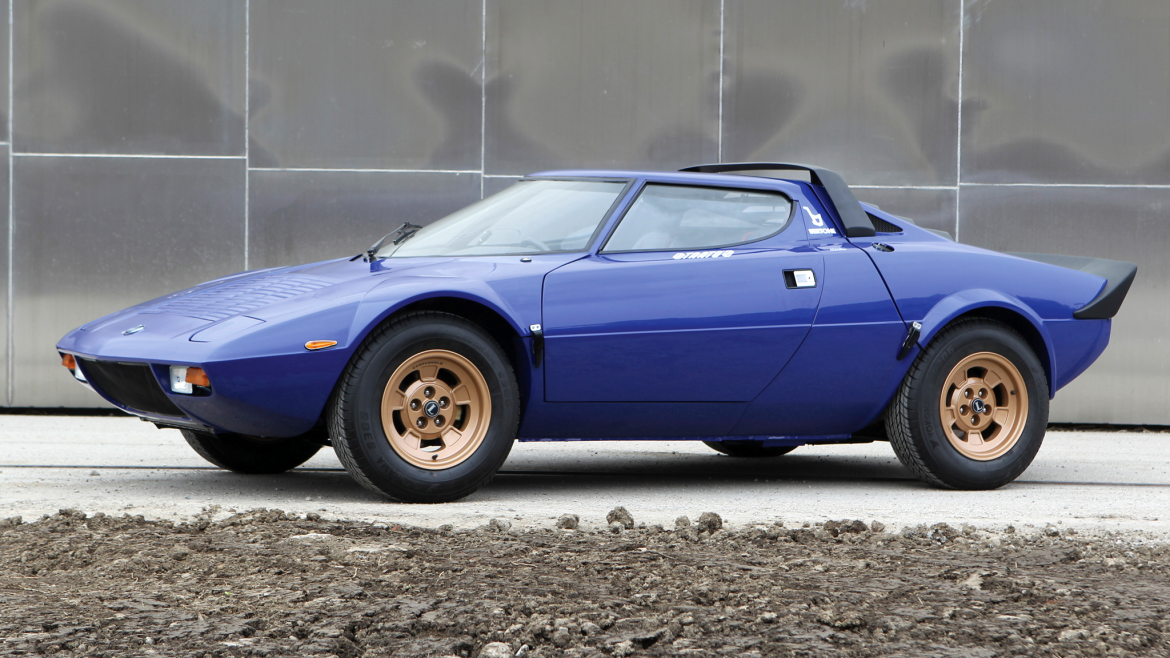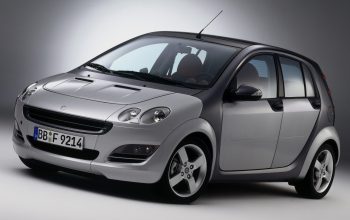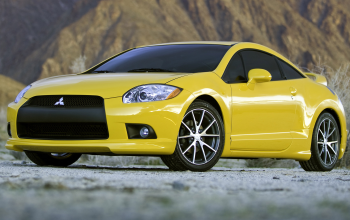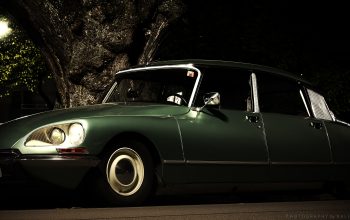The Petroleum community has chosen their next Car of the Week, which is the historic rally legend, Lancia Stratos! First appeared in 1973, it was a gamechanger for not only Italian rallying enthusiasts but for the whole industry. There is a lot to discuss about this glorious classic, so let’s get into it without further ado!
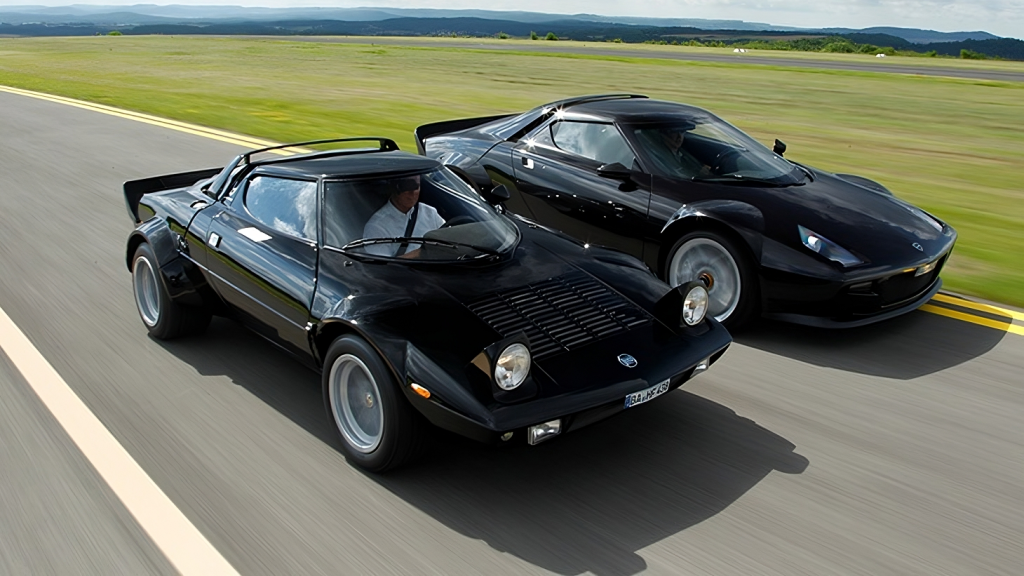
Makings of a Winner
Before we discuss the Group 4 legend and its accomplishments, we should begin the story from the birth of this gorgeous racer. In the early 1970’s, Lancia was looking forward to replace their already successful Fulvia, which caught the attention of Bertone, one of the most profilic design houses in Italy alongside Pininfarina, which Lancia partnered with multiple times in the past for models like Flaminia. Bertone rolled up their sleeves to create the Stratos Zero concept car in 1970, which was met with overwhelming positive reviews, and impressed Lancia staff greatly. Upon this success, Bertone and Lancia agreed to onset the development of their next generation rally stage hunter with design inspirations and ideas from another car designer Marcello Gandini, who is known as the designer of Lamborghini Miura and Countach, so it was safe to say that it was already like a dream team coming up together to create a car that would dominate even the most grueling rally stages for years.
The first HF Prototipo was unveiled in 1971 Turin Motor Show, which was already really close to what the car would look like in final production. The mid-engine layout meant it had better weight balance. It was given a distinct fluorescent red metallic color and the spoiler seen on the production model was absent. It also had a different, simpler round taillights. The Stratos had three different engines on its lifespan: the V4 from Fulvia (HF Prototipo), an inline-4 from Beta and lastly, 2.4L Ferrari Dino V6 after Lancia convinced Enzo Ferrari to supply them. What set Stratos apart from other cars of its era is the fact that it was designed and built from scratch solely for rallying purposes, so it can easily be said that it was its day one destiny to become a champion.
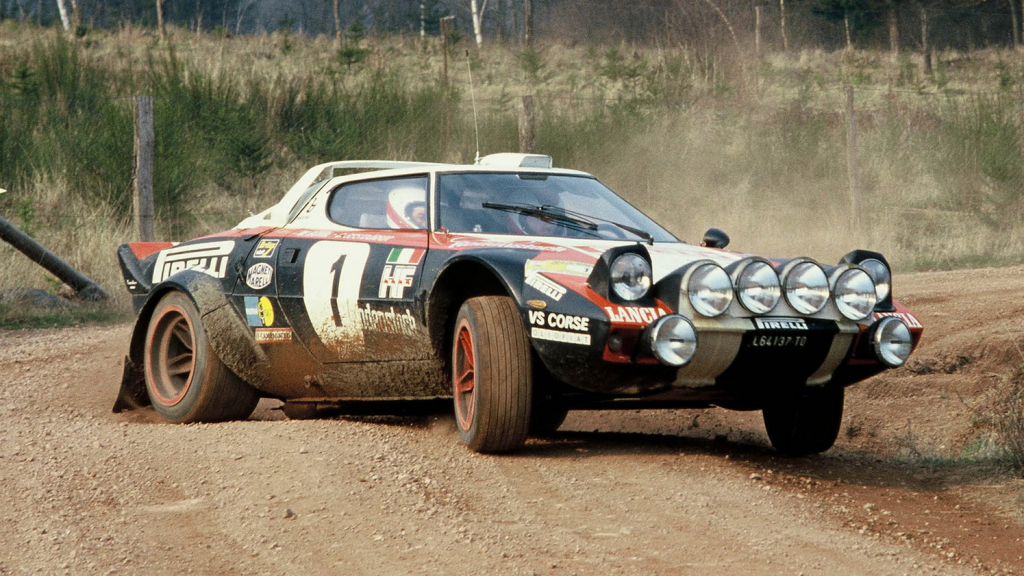
Born a Champion: Group 4 Successes and HF Stradale
The Stratos proved itself as the new king of all conditions, winning the World Rally Championship three years in a row, in 1974-75 and 76 respectively. Lancia’s team manager Cesare Fiorio, British racing engineer Mike Parkes and rally driver Sandro Munari are one of the many people behind the immense success, with countless testing sessions aiming to perfect every aspect of the driving dynamics and design, and as the results show, the extensive testing paid off handsomely. Even after its time has passed, Stratos still managed to show its dominance as late as 1979 when it won a few races with Chardonnet Team’s car. The Stratos also joined the Group 5 action after its retirement from rallying in 1981, the last year it won in Tour de Corse Automobile. As with any other motorsport, homologation rules ordered Lancia to build at least 500 road-legal production cars to be eligible for the competition, and this is where the story of the road-going, HF Stradale began.
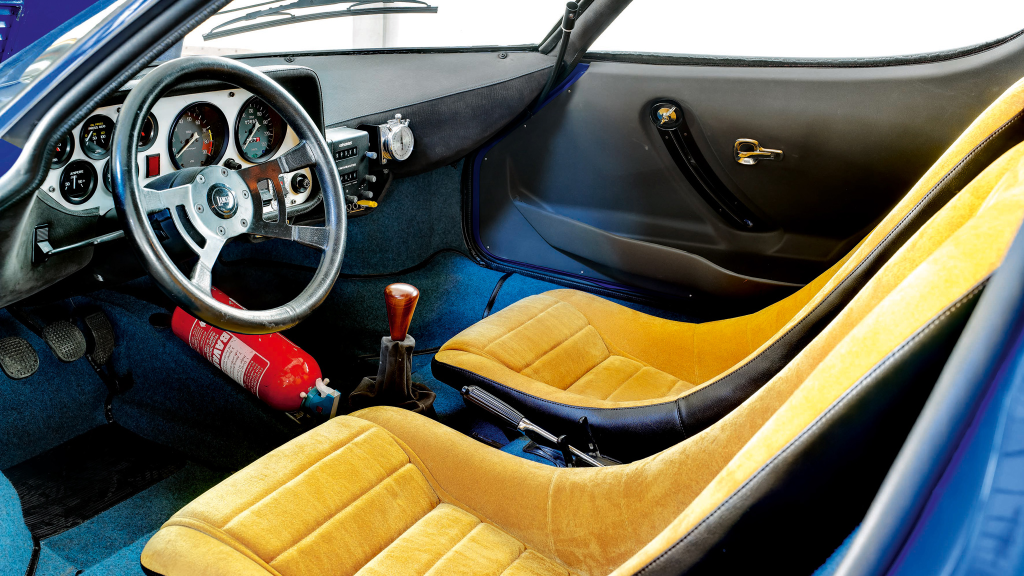
The specifications of both the Group 4 racer and HF Stradale show an impressive feat. The 2.4L Dino V6 in the racing car held no bars, as it produced 280 HP and 240 nm, allowing it to reach 60 mph in 5.5 seconds and could reach a top speed of 213 km/h (132 mph), plentiful for the rough stages. The 5-speed manual transmission also proved itself to be reliable and strong enough to withstand the constant gear changes. Steel monocoque 829 AR chassis was light enough to drop the total curb weight to just 880 kg (1940 lbs), and knowing that it is rear-wheel drive and mid-engined, you can already guess how dangerous yet fun the driving experience was, and thanks to the homologation rules, ordinary people (albeit with deep pockets) could take this experience on the road with HF Stradale.
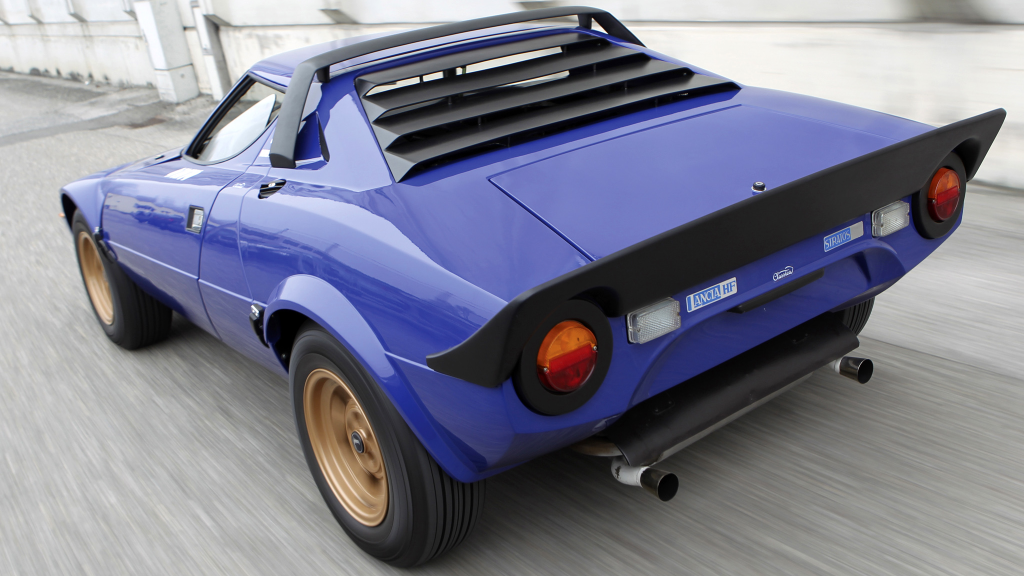
The HF Stradale had the same 2.4L Dino V6 as the racing car, but it was detuned to meet the regulations, so it could produce 190 HP @7,000 rpm and 226 NM @4,000 rpm, which are still impressive for a car that is almost fifty years old. It could reach 60 mph in 6.8 seconds and had a better top speed of 232 km/h (144 mph). Besides the engine, the interior was better equipped and the chassis was reinforced. Despite all the regulation malarkey, the HF Stradale still weighed 980 kg (2160 lbs), which was still more than light enough to get it going around faster than most cars of its time. All the 500 units were quickly sold and can still be spotted in various European cities today, so consider yourself quite lucky if you see one!
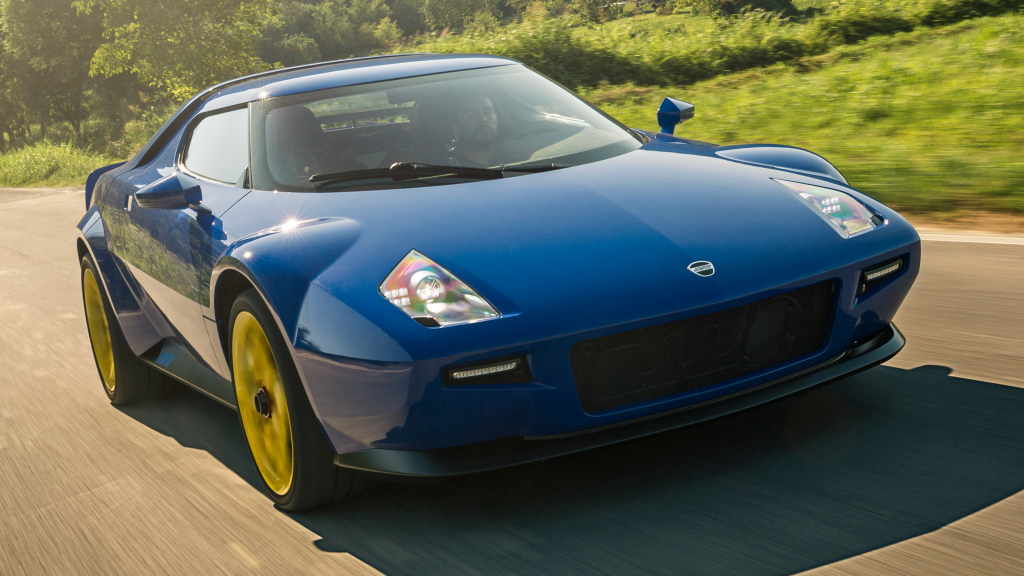
Redefining Stratos: Stoschek’s Commissioned New Stratos
The Stratos name suddenly saw a resurrection in 2005 when British design firm Fenomenon introduced a retro-futuristic Stratos concept car. It had a 420 HP V8 engine tuned and developed by Prodrive. However, it did not go further from being just a concept. In 2018, however, a new Stratos project was announced after the racing driver billionaire Michael Stoschek commissioned an one-off model to Pininfarina. The design of the New Stratos beared even more resemblance to the original, and a spicy Ferrari F430 Scuderia was used as a donor car, using most of its parts from the track toy, including the interior and the 4.3L V8 engine producing 540 HP @8200 rpm and 519 nm @3750 rpm. Couple this with 1,247 kg (2,749 lbs) of kerb weight, it was a monstrous creation that is claimed to reach 60 mph in 3.3 seconds all the way to the top speed of around 320 km/h (200 mph).
The New Stratos was planned to be built up to 25 units, but Ferrari withdrew support and objected the production. However, Manufattura Automobili Torino has commenced the production in February 2018, and a few lucky customers already got their own new Stratos models. It really is a bliss to see these on the road decades later with even more power, honestly. So this is it! Our car of the week was the glorious Stratos. See you next week for the next COTW winner!

